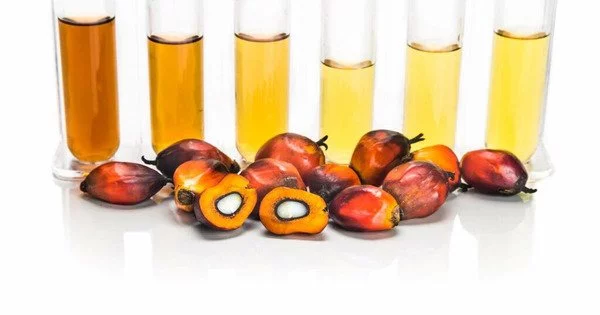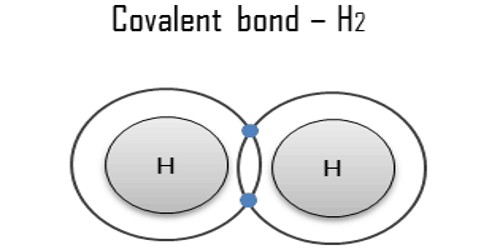Hydrotreated vegetable oil (HVO) is a renewable diesel fuel produced from vegetable oils or animal fats through a process known as hydrotreating. In this process, the oil or fat is heated and mixed with hydrogen gas in the presence of a catalyst. This causes the oil or fat molecules to break down and recombine into smaller, more stable molecules that are similar in chemical composition to conventional diesel fuel.
HVO is a biofuel produced by hydrocracking or hydrogenation of vegetable oil. Hydrocracking uses hydrogen to split large molecules into smaller ones, whereas hydrogenation adds hydrogen to molecules. These techniques can be used to develop substitutes for gasoline, diesel, propane, kerosene, and other chemical feedstock. Green diesel or renewable diesel is diesel fuel produced from these sources. Green diesel is diesel fuel produced through hydrotreating, as opposed to biodiesel produced through esterification.
HVO is a renewable alternative to conventional diesel fuel, as it is produced from renewable feedstocks and can be used in existing diesel engines without modification. HVO has a lower carbon footprint than conventional diesel fuel, as it produces fewer greenhouse gas emissions during production and combustion.
Hydrotreatment removes impurities such as sulfur, nitrogen, and aromatics, resulting in a cleaner burning fuel that emits fewer pollutants than traditional diesel fuel. HVO has similar properties to fossil diesel, and can be used in existing diesel engines without the need for modifications.
HVO is considered a sustainable alternative to fossil diesel, as it is produced from renewable sources and can help reduce greenhouse gas emissions. It is increasingly being used in the transportation sector as a way to meet emissions targets and reduce dependence on fossil fuels.
The resulting HVO has properties similar to conventional diesel fuel and can be used in existing diesel engines without any modifications. HVO has lower emissions of greenhouse gases, particulate matter, and nitrogen oxides compared to conventional diesel. It also has a higher cetane number, which means it burns more cleanly and efficiently, resulting in better fuel economy and reduced emissions.
HVO is also a cleaner-burning fuel, with lower emissions of particulate matter, nitrogen oxides, and other harmful pollutants. It is increasingly being used as a sustainable fuel in transportation, as well as in industries such as power generation and heating.















